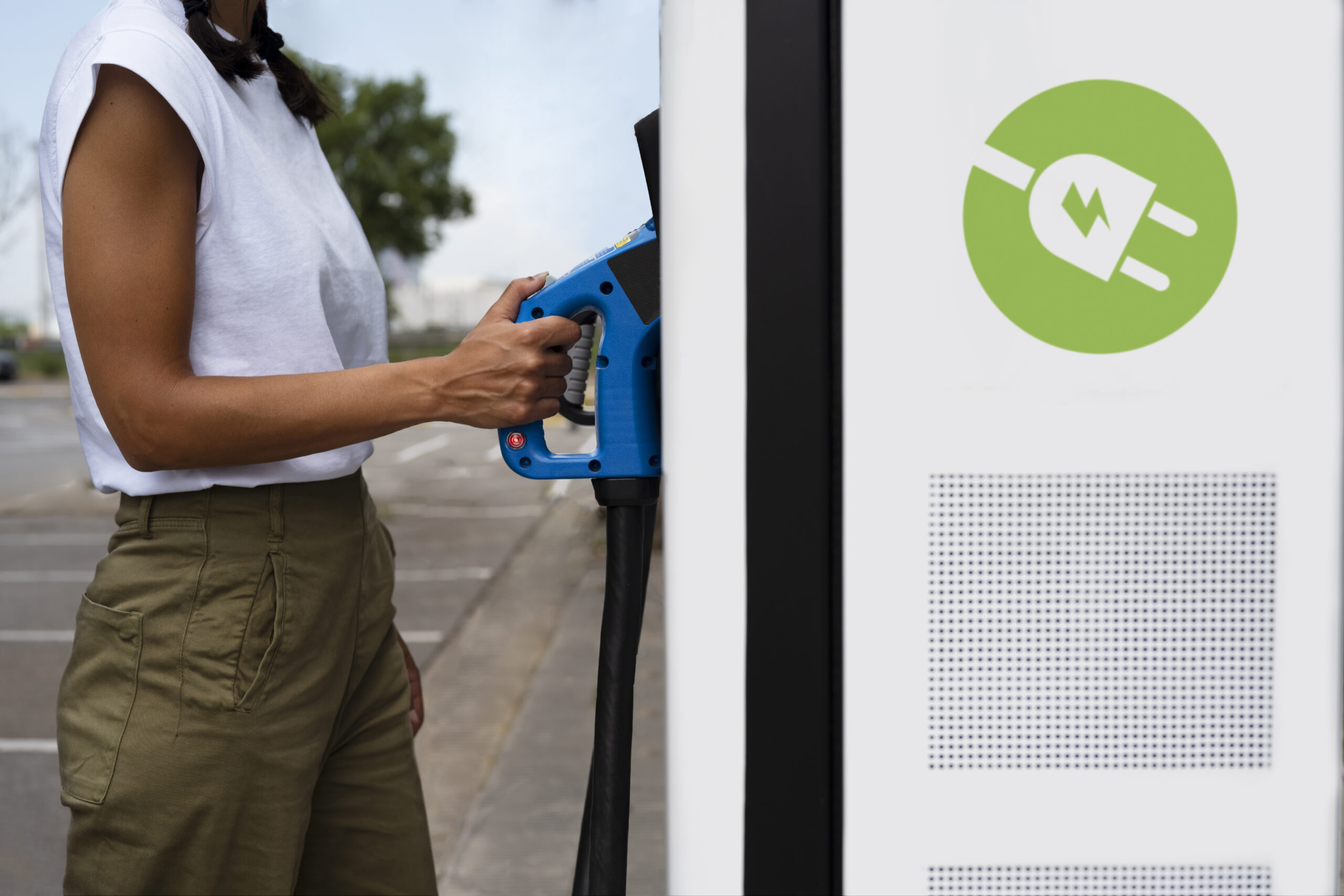Electric vehicles (EVs) are transforming how we think about transportation, but the topic of how best to charge them is still a hotly debated issue. Among the myriad of charging methods, one recurring question remains: is slow charging better for your EV battery? To answer this, we need to dive into how EV batteries work and the science behind charging methods.
Understanding How EV Batteries Work
At the heart of every EV is a lithium-ion battery pack. These batteries store electrical energy and provide the power needed to propel the vehicle. Just like your smartphone, an EV battery undergoes charge cycles—being charged and discharged repeatedly during its lifespan.
While EV batteries are designed to last for years, their longevity is influenced by several factors, including temperature, usage patterns, and—importantly—how they are charged.
What Is Slow Charging?
Slow charging typically occurs via a Level 1 or Level 2 charging system.
- Level 1 Charging: Using a standard household outlet (120 volts), this method can take up to 24 hours or more for a full charge.
- Level 2 Charging: Found in homes and public spaces, this method uses a 240-volt outlet and offers faster speeds compared to Level 1 while still being gentler than DC fast charging.
Benefits of Slow Charging:
- Minimizes Heat Generation: Excessive heat during charging can degrade battery cells. Slow charging generates less heat, making it less stressful on the battery.
- Promotes Even Charging: Slow charging ensures a more uniform charge distribution across battery cells, which can help prevent imbalances.
- Ideal for Overnight Charging: Since it takes several hours, slow charging is perfect for overnight charging when time isn’t a constraint.
What About Fast Charging?
Fast charging uses DC power and higher voltages (often 400 volts or more) to rapidly charge your EV battery. While convenient, this method isn’t without drawbacks:
- Higher Heat Levels: The rapid energy transfer generates significant heat, which can stress battery components.
- Potential for Battery Degradation: Frequent fast charging can lead to a reduction in overall battery capacity over time.
Does Slow Charging Preserve Battery Life?
The consensus among experts is that slow charging is generally better for long-term battery health.
Here’s why:
- Reduces Thermal Stress: High temperatures during fast charging can degrade the electrolyte and other materials inside the battery. Slow charging avoids these spikes in temperature.
- Limits Voltage Stress: Rapid charging can push the battery cells to their maximum voltage, which, if done repeatedly, may reduce the battery’s overall capacity.
- Encourages Consistency: Slow charging helps maintain consistent charge cycles, prolonging the battery’s usable life.
When Should You Opt for Slow Charging?
While slow charging has its benefits, it’s not always practical. Here’s when it’s most effective:

| Scenario | Best Charging Method |
|---|---|
| Overnight charging at home | Slow Charging (Level 1 or 2) |
| Preparing for a long road trip | DC Fast Charging |
| Daily commute with ample time to recharge | Slow Charging |
| Low on charge and short on time | DC Fast Charging |
How Much Does Slow Charging Impact Charging Time?
Charging time is the main drawback of slow charging. For example, charging a 60-kWh EV battery:
- Level 1 Charger: Can take over 24 hours for a full charge.
- Level 2 Charger: Takes 8-12 hours, depending on the vehicle.
- Fast Charger: Can achieve 80% charge in 30 minutes to an hour.
For many drivers, the convenience of fast charging may outweigh the benefits of slow charging—especially during long trips.
Balancing Charging Speeds for Optimal Battery Health
While slow charging is better for battery longevity, it’s unrealistic to avoid fast charging entirely.
Here’s how to strike a balance:
- Use Slow Charging for Routine Needs: Rely on Level 1 or 2 chargers for your daily commutes and overnight charging.
- Save Fast Charging for Emergencies: Reserve DC fast charging for road trips or situations where time is a constraint.
- Monitor Battery Health: Many EVs provide tools to track battery performance and health, helping you make informed charging decisions.
The Future of EV Charging Technology
Advancements in battery technology, such as solid-state batteries and improved thermal management systems, promise to make fast charging less stressful on batteries. However, until these technologies become mainstream, slow charging remains the gentlest and most reliable way to preserve battery life.
Final Thoughts
Is slow charging better for your EV battery? Yes, especially when it comes to preserving battery health and ensuring a long lifespan. While fast charging offers unparalleled convenience, its frequent use can accelerate battery degradation.
By incorporating slow charging into your routine and reserving fast charging for occasional use, you can maximize your EV battery’s performance and longevity. Remember, when it comes to EV ownership, understanding your charging options and their impact on your vehicle is key to getting the most out of your investment. electric vehicle charging, battery longevity, fast charging vs slow charging, EV battery maintenance, charging speed effects, battery technology.
Chinedu Chikwem holds a National Diploma in Motor Vehicle Mechatronics from the Institute of Management and Technology (IMT), Enugu, in partnership with Anambra Motor Manufacturing Co. Ltd. Passionate about the automotive industry, he specializes in simplifying complex vehicle concepts and making both traditional and electric vehicle terminology accessible. With a solid foundation in automotive engineering, Chikwem is focused on becoming a leading electric vehicle manufacturer, driving innovation and shaping the future of mobility both across Africa and globally.
Discover more from Chikwem
Subscribe to get the latest posts sent to your email.